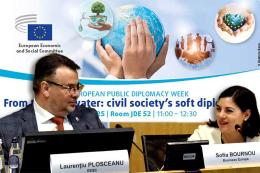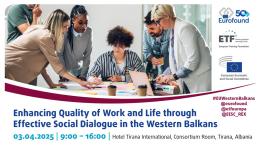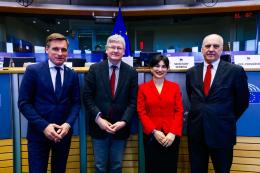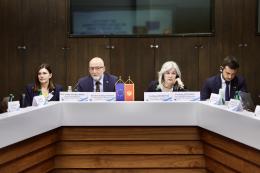European Economic
and Social Committee
Paplašināšanās procesā iesaistītās valstis
EESK aktīvi iesaistās ES paplašināšanās procesā un ir izstrādājusi divējādu pieeju — reģionālu un divpusēju — attiecībām ar paplašināšanās valstu pilsoniskās sabiedrības organizācijām.
Reģionālās pieejas gadījumā svarīgākais instruments EESK darbības koordinēšanai reģionā ir Rietumbalkānu koordinācijas komiteja — EESK pastāvīga iekšēja struktūrvienība. Koordinācijas komiteja savas darbības ietvaros ik pēc diviem gadiem rīko Rietumbalkānu pilsoniskās sabiedrības forumu.
EESK sadarbojas arī divpusēji ar Rietumbalkānu valstīm un Turciju. Lai pilsoniskās sabiedrības organizācijas iesaistītu pirmspievienošanās un pievienošanās procesos, Eiropas Ekonomikas un sociālo lietu komiteja, pamatojoties uz asociācijas nolīgumiem starp šīm valstīm un ES, ir izveidojusi trīs kopīgas struktūrvienības ar pilsoniskās sabiedrības pārstāvjiem — ar Turciju, Melnkalni un Serbiju. Katrā struktūrvienībā ir vienāds skaits locekļu no EESK un partnervalsts, un tās sanāksmes notiek divas reizes gadā.
EESK uztur regulārus kontaktus un organizē kopīgus pasākumus ar pilsoniskās sabiedrības organizācijām tajās paplašināšanās valstīs, ar kurām vēl nav izveidota kopīga pilsoniskās sabiedrības pārstāvju struktūrvienība.
Kopīgo struktūrvienību darbu papildina EESK atzinumu izstrāde par pirmspievienošanās un pievienošanās procesiem konkrētās valstīs, kā arī par reģionālo interešu jautājumiem.









